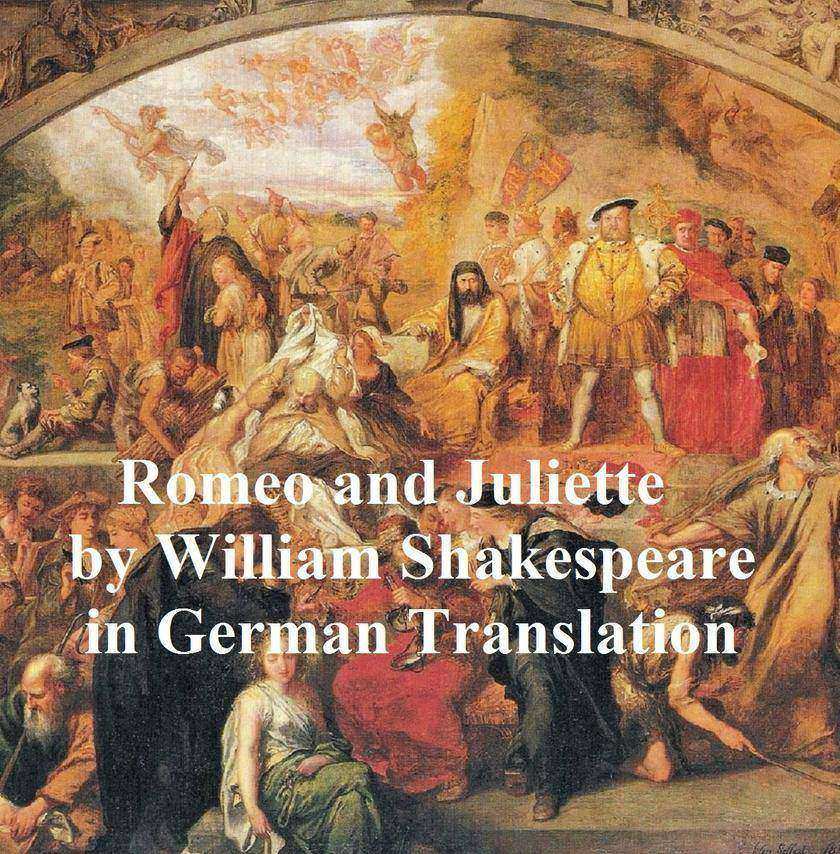
Romeo und Juliette
¥8.09
Die Shakespeare-Trag?die, übersetzt von Christoph Martin Wieland. Wikipedia: "Romeo und Julia ist eine Trag?die, die früh in der Karriere von William Shakespeare über zwei jugendliche" Stern-überkreuzte Liebende "geschrieben wurde, deren pl?tzlicher Tod ihre verfeindeten Familien vereint. Es war zu Shakespeares popul?rsten Stücken zu seinen Lebzeiten mit Hamlet, ist eines seiner am h?ufigsten aufgeführten Stücke. Heute gelten die Titelfiguren als archetypische junge Liebhaber. "
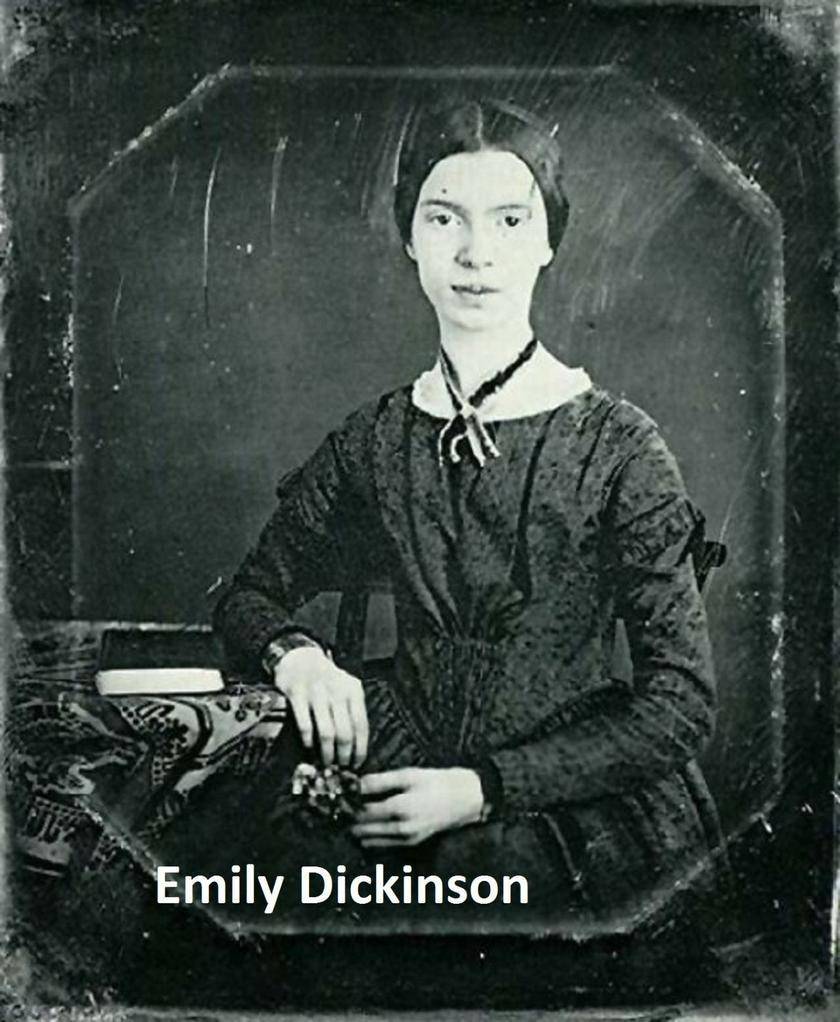
Emily Dickinson
¥8.09
All three series. This edition is based on on the first published collection, edited by Mabel Loomis Todd and T.W. Higginson, which was released in three "series", the first of which appeared in 1890. According to Wikipedia, Mabel Loomis Todd "became friends with the Dickinsons, and though she never met Emily Dickinson in person, the two women exchanged letters. After Emily's death in 1886, hundreds of her unpublished poems were discovered. In 1888, Emily's sister Lavinia asked Todd to copy and organize the poems, which were to be sent to the publisher Thomas Wentworth Higginson. The first volume of Poems by Emily Dickinson was published in 1890. This version included many alterations by Todd. In 1896, Todd and the Dickinson family had a falling-out over a legal battle regarding property owned by Austin Dickinson. As a result, Emily Dickinson's manuscripts were split between the two families. In 1945, Todd's daughter Millicent published some of the poems from Todd's portion of the manuscripts."
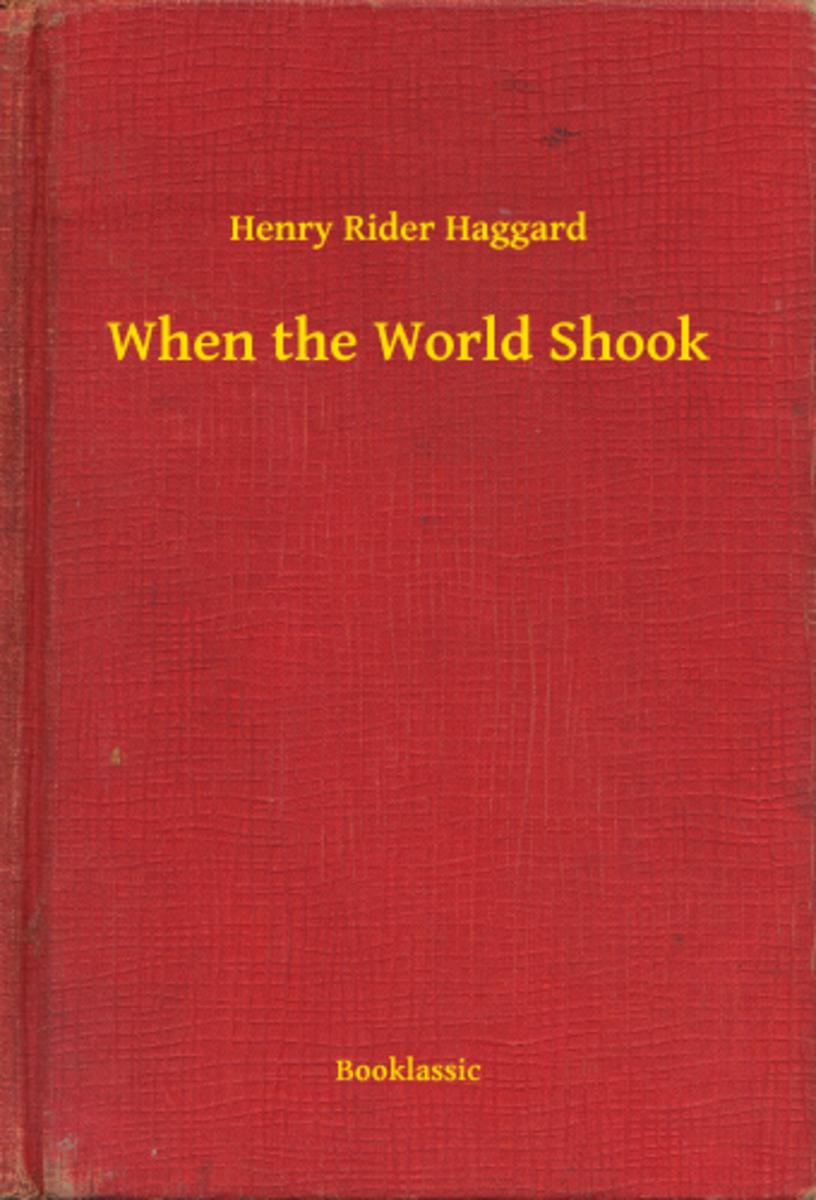
When the World Shook
¥8.01
A sorozat és ami m?g?tte van I. Szulejmán szultán 1494-ben született, és 1566-ban Szigetvár alatt vesztette életét. 1520-tól haláláig az Oszmán Birodalom ikonikus uralkodójaként hódított. A magyar t?rténelmet ismer?k biztosan nem rajongtak érte soha. Miután 2013-ban az egyik kereskedelmi csatorna megvásárolta az életér?l szóló Szulejmán cím? sorozatot, a szultán negatív megítélése sokat változott. A néz?k megkedvelték a Halit Ergen? által alakított Fényességest. A sorozatban ábrázolt t?rténelmi események, személyek azonban nem minden esetben egyeznek a valósággal. Ezt az alkotók is megjegyzik: a m? t?rténelmi ihletés? - ami nem azonos a t?rténelmi h?séggel. R. Kelényi Angelika tisztázza a valós t?rténelmi eseményeket. ?sszegy?jt?tt érdekességeken keresztül oszlatja el a félreértéseket, mik?zben szórakoztatja az olvasót.
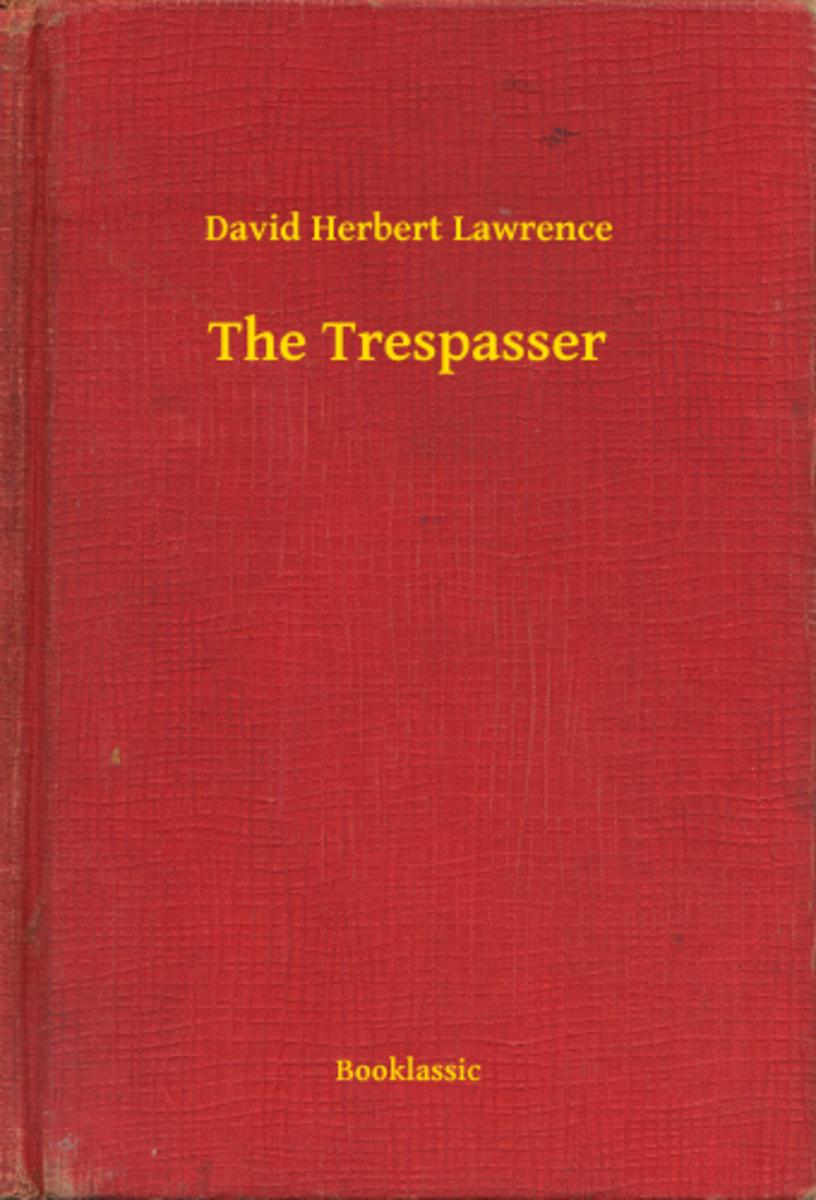
The Trespasser
¥8.01
Egy t?kéletes férfi és egy kül?nleges lány. Vajon mit rejthet a hibátlan álca? William, a milliárdos üzletember Seattle-be utazik, hogy megtalálja elhunyt nevel?apja egyetlen vér szerinti gyermekét, akit ténylegesen megillet a férfira hagyott ?r?kség. Mik?zben piszkos módszereivel a valódi ?r?k?s után kutat, ?sszehozza a sors egy dacos, szemtelen, fiatal lánnyal, aki egyedi szépségével azonnal megbabonázza ?t. William felrúgva saját szabályait, enged Jessica csábításának. Ahogy egyre k?zelebb kerülnek egymáshoz, William ráj?n, hogy Jessica nem egy átlagos lány, a múltját s?tét titkok rejtik, ami után a férfi hiába nyomoz, folyton zsákutcába fut.Mer?ben eltér? személyiségük, életvitelük és a k?ztük lév? korkül?nbség nehéz d?ntés elé állítja ?ket. Megéri ennyit szenvedni egy boldog kapcsolat lehet?sége miatt? Ha fény derül minden titokra, képesek lesznek ugyanúgy nézni egymásra, mint azel?tt?Lilly Shade t?rténete nemcsak arra bizonyíték, hogy nincsenek véletlenek, de arra is, hogy a sors sem mindig kegyes. A t?kéletes nem valódi, és ami annak látszik, csupán álca. Az ilyen álcák pedig a legs?tétebb titkokat rejtegetik.
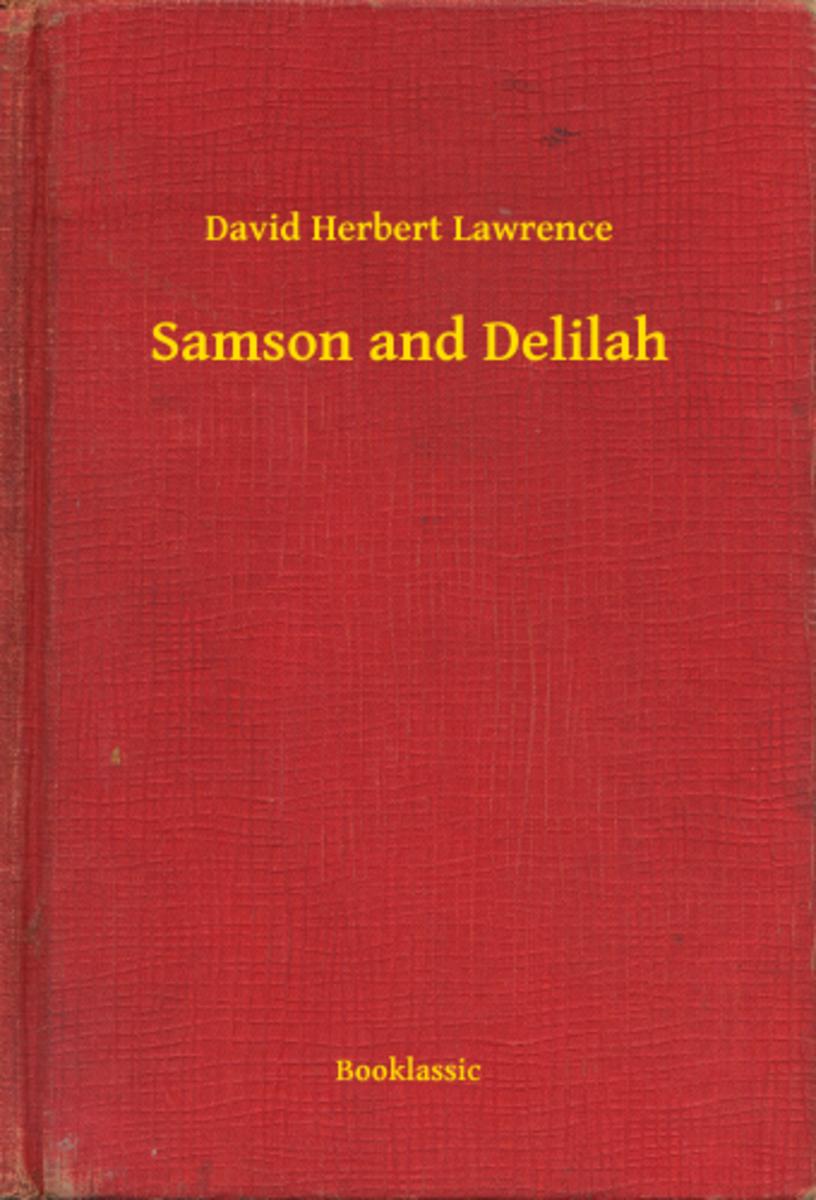
Samson and Delilah
¥8.01
Ervin, ?va és Csaba t?rténete folytatódik. A F?pap és a praetoriánusok serege már nem fenyegetik ?ket, helyettük azonban egy gyilkos klán, egy természetimádó szekta és egy minden dimenziót uralni akaró entitás háborújának frontvonalában találják magukat. A tét pedig nem kevesebb, mint a F?ld j?v?je. Vajon az emberiség ki tud lépni a saját árnyékából, vagy végleg elenyészik? H?seink meg tudnak birkózni a rájuk váró akadályokkal? Bízhatnak-e az új sz?vetségeseikben? ?s egymásban??rmány, árulás, átalakulás és áldozathozatal. A világunk sorsa most d?l el!
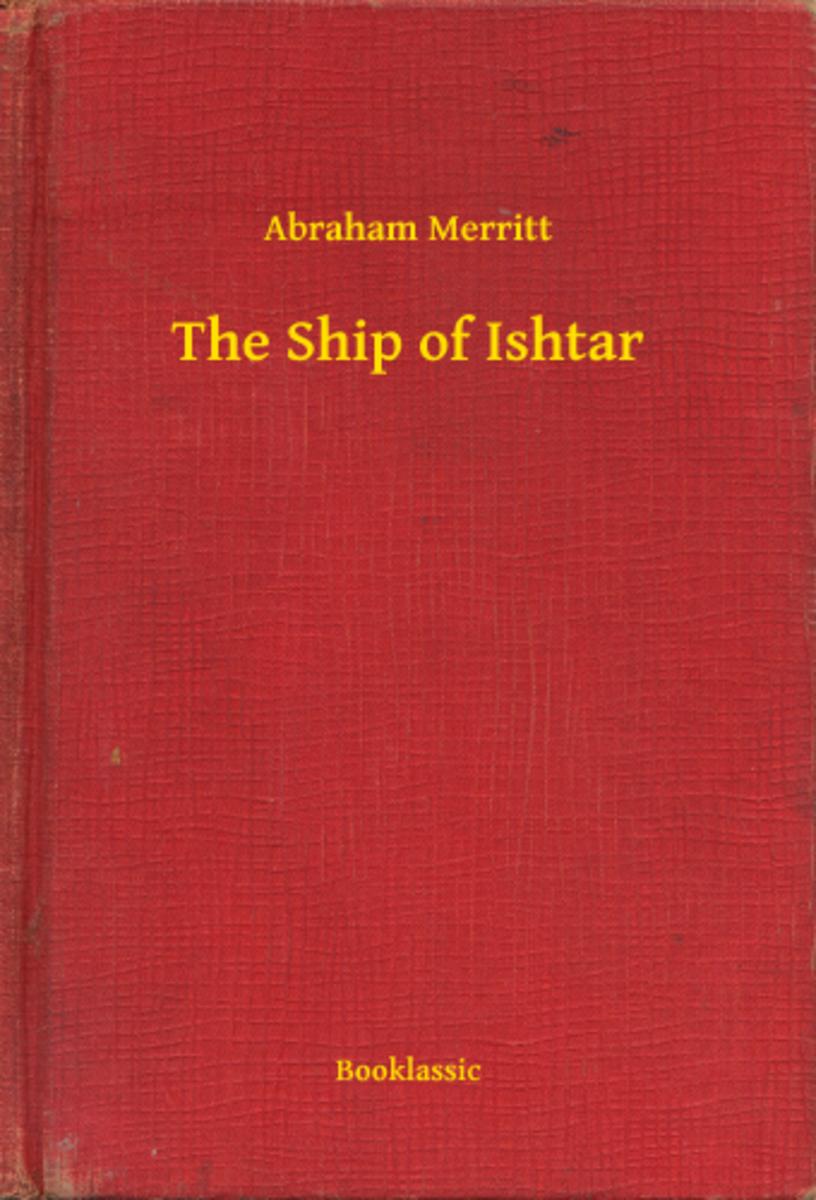
The Ship of Ishtar
¥7.93
Gustáv Murín? k?nyvében a vad és zabolátlan kilencvenes évekbe kalauzolja el az olvasót, abba az id?be, amikor a volt szocialista államoknak azzal kellett szembesülniük, hogy a demokratizálódás bizony t?rvényszer?en magával hozza a komolyabb szervezett b?n?z?i csoportok megjelenését is. Az államapparátus fenekén tojáshéj, a b?n?z?k zsebében pedig a fegyver és a pénz. Kicsoda valójában Jozef Rohá?, a profi, akihez a legvéresebb merényletek k?t?dnek Szlovákiában és Magyarországon egyaránt? Mi k?ze van a magyar b?rt?nbüntetését t?lt? Eva Reze?ovának a kassai gengszterekhez? Hogyan t?nt el 114 vagonnyi olaj Pozsony és Budapest k?z?tt? Mi k?ti ?ssze Magyarországot az újkori t?rténelem legvéresebb maffialeszámolásával? Ki szervezte meg a szlovák k?ztársasági eln?k fiának elrablását? Ki ne emlékezne a vadkeletre? Ezek a csoportok nem ismertek határokat, így a szlovák és a magyar alvilág számos ponton és ügyben kapcsolódhatott egymáshoz. Ezekb?l a t?rténetekb?l kiderül, hogyan. T?rténetek, amelyek egyszer véget érnek. A b?n azonban marad, itt jár k?ztünk továbbra is.
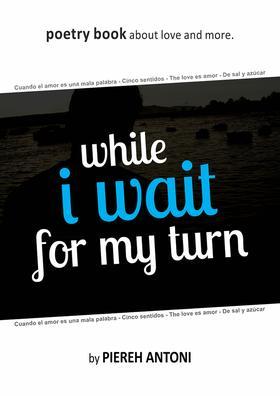
While I wait for my turn
¥7.72
While I wait for my turn
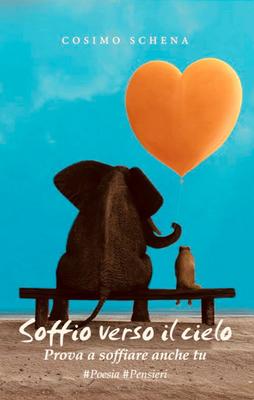
Soffio verso il cielo: Prova a soffiare anche tu
¥7.72
Soffio verso il cielo: Prova a soffiare anche tu
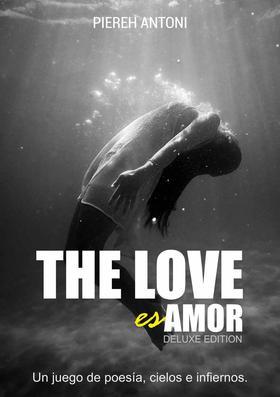
The love es amor
¥7.72
The love es amor
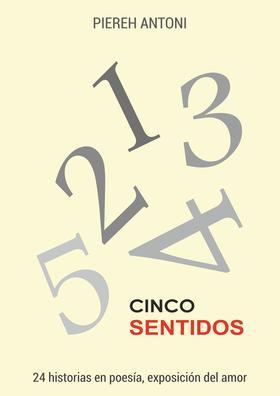
Cinco sentidos: II Edición
¥7.72
Cinco sentidos: II Edición
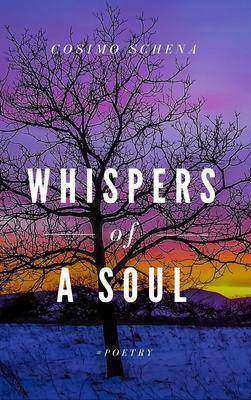
Whispers of a soul
¥7.72
Whispers of a soul
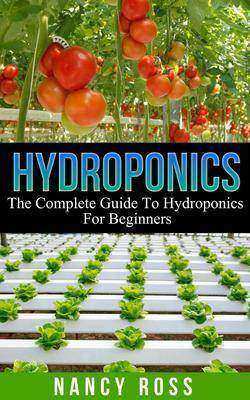
Hydroponics: The Complete Guide To Hydroponics For Beginners
¥7.66
DISCOVER THE TIPS YOU NEED TO START YOUR OWN HYDROPONICS GARDEN!!! Here Is A Preview Of What You'll Learn... BENEFITS OF HYDROPONICSCHOOSING YOUR HYDROPONICS SYSTEMPLANT NUTRITIONFINDING THE RIGHT LIGHTINGGROWING YOUR PLANTSMAKING ROOM FOR THE HYDROPONICS ? ? ? ? ? ? ? ? ? ? ? SYSTEMTIPS TO PREVENT ISSUESMUCH, MUCH, MORE!
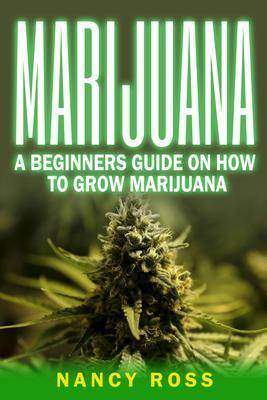
Marijuana: A Beginners Guide To Growing Marijuana
¥7.66
LEARN HOW TO GROW MARIJUANA FOR YOURSELF!! Here Is A Preview Of What You'll Learn... Benefits of Growing Your Own Cannabis Indoor vs. Outdoor Growing The Basics of Growing Cannabis Dealing with Pests and Other Gardening Issues Types of Hydroponic Systems Harvesting Much, Much, More!

Homesteading: A Beginners Guide To Homesteading
¥7.66
Do you want to learn how to live more self sufficient by using the tools of homesteading? Whether you want to learn how to raise your own livestock, garden for yourself, or preserve your own food this book will help! Here Is A Preview Of What You'll Learn... The Basics of HomesteadingRaising Your Own Livestock in Your BackyardThe Magic of Gardening for Your Own FoodPreserving Your Food for WinterMaking Your Own ClothesMaking Your Own Household ItemsMuch, Much, More!
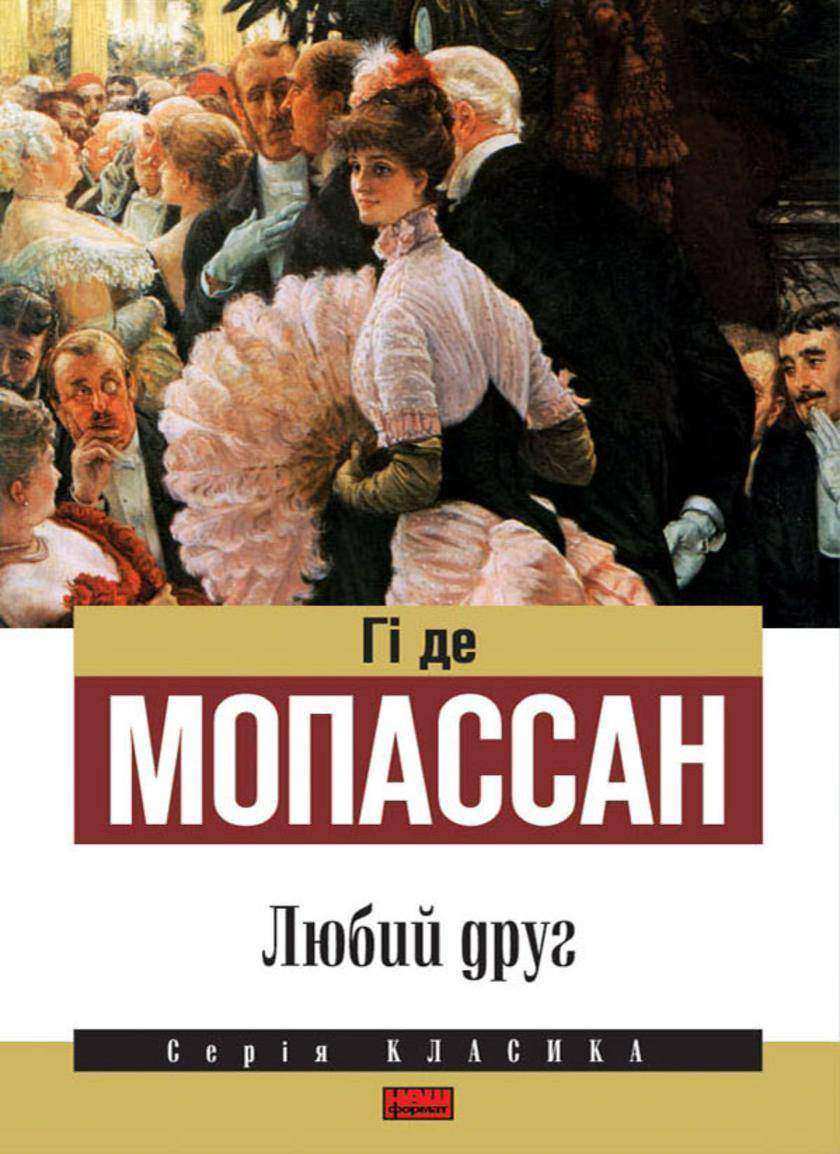
Любий друг
¥5.72
Fic??o brasileira no século XXI é um livro instigante. De leitura agradável e de interesse amplo, debru?a-se, com competência e inventividade, sobre oito escritores brasileiros contempor?neos, consagrados e premiados. O que n?o é pouco em uma tradi??o como a nossa, em que n?o se encontram muitos estudiosos de literatura que encarem o contempor?neo e consigam discuti-lo de forma a dialogar, n?o apenas com o estudioso e o especialista como também com o leitor comum interessado em literatura. Adriana Lunardi, Alberto Martins, Luiz Ruffato, Michel Laub, Milton Hatoum, Nelson de Oliveira, Ricardo Lísias e Rodrigo Lacerda encontram, por meio da leitura que deles fazem os autores deste livro, novos olhares para suas obras. E, nestes novos olhares, há um convite para novos leitores e leituras renovadas.
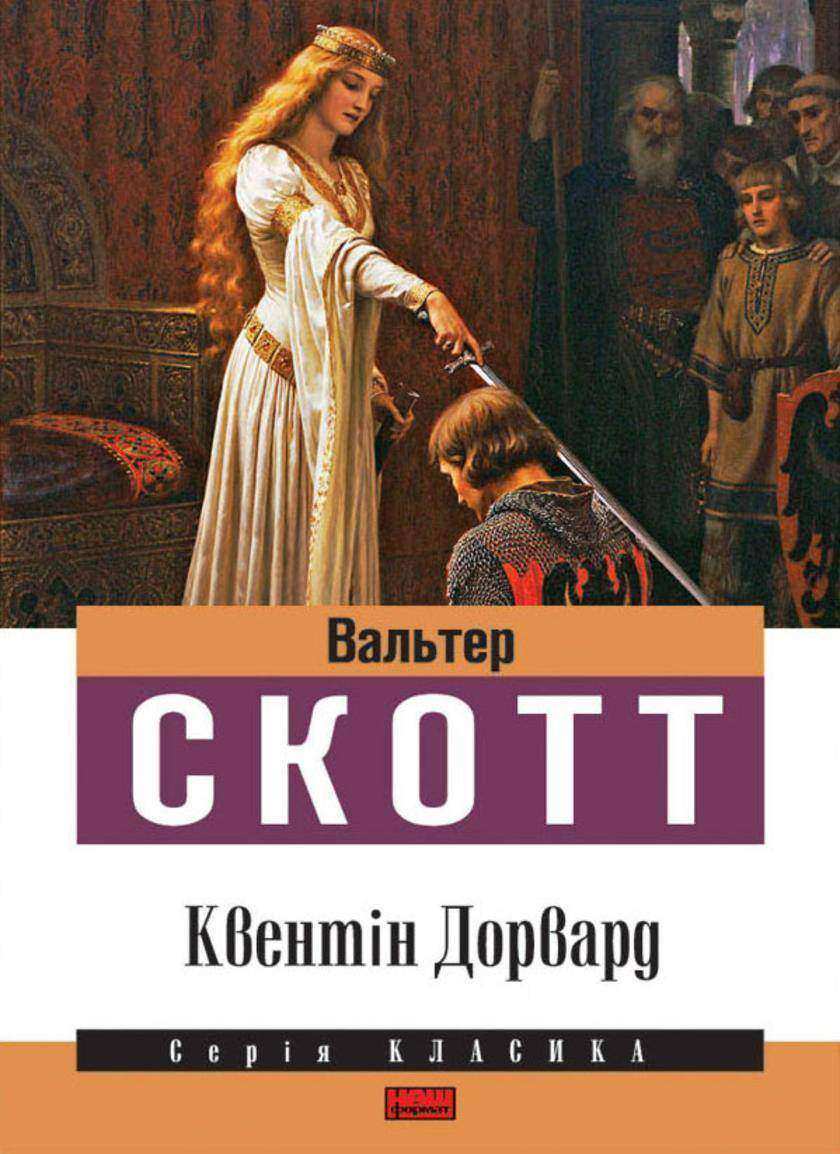
Квент?н Дорвард
¥5.72
s vezes, a única coisa verdadeira num jornal é a data, disse Luis Fernando Verissimo. Tomar ao pé da letra essa frase bem-humorada do cronista pode no ser um bom negócio. Porém, ainda mais temerário seria aceitar a hipótese oposta, ou seja, de que tudo acontece do jeito que o jornalista nos conta. Certos recursos de escrita e de edio aumentam tanto a temperatura do texto que provocam a fuso entre a fantasia e a realidade. Esse fenmeno misterioso, com seu toque de alquimia, é o que Renato Modernell investiga em A notícia como fábula.
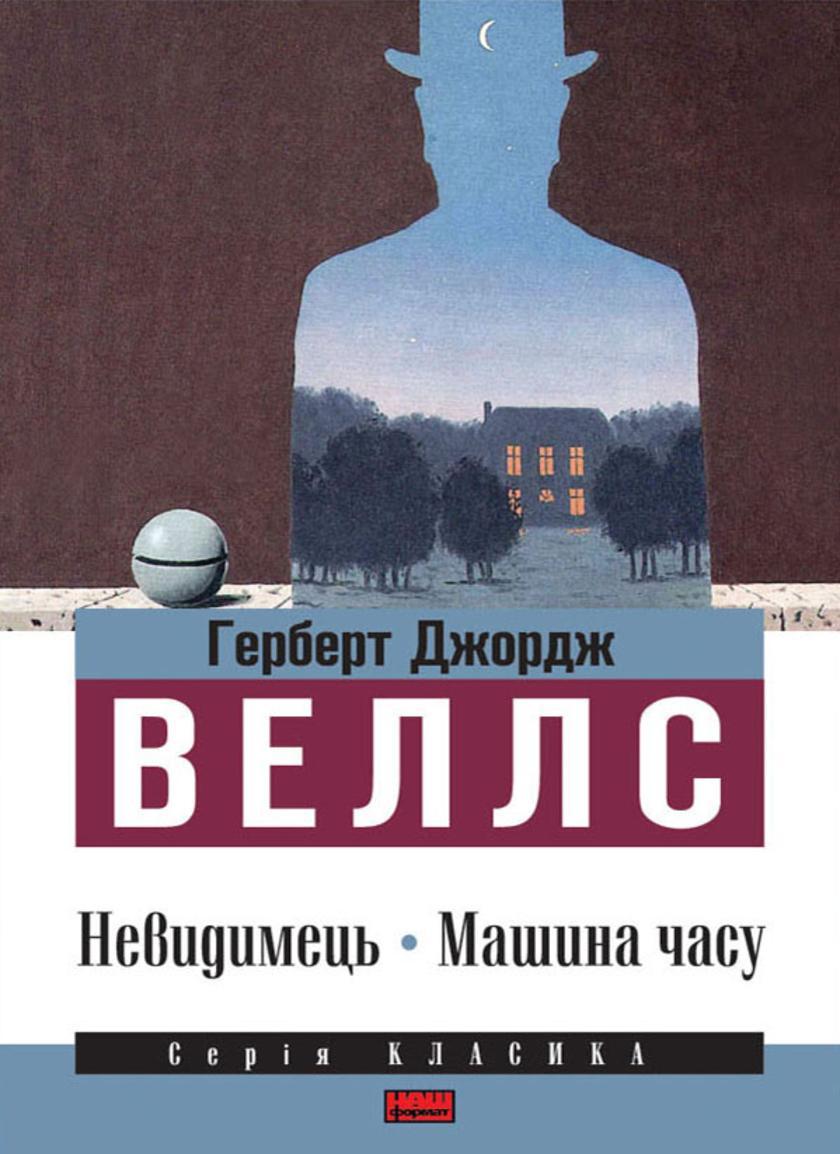
Невидимець. Машина часу
¥5.72
A obra encadeia associa??es entre os valores técnicos da língua e os valores estéticos da literatura. Realiza, ent?o, duas abordagens complementares, defi nida a unidade língua/literatura como uma díade com polos inseparáveis – a língua sustentando um código limitativo e prescritivo; a literatura alimentando a reprodu??o artística do sistema linguístico –, da fus?o de ambas resultando um efeito de sentido.
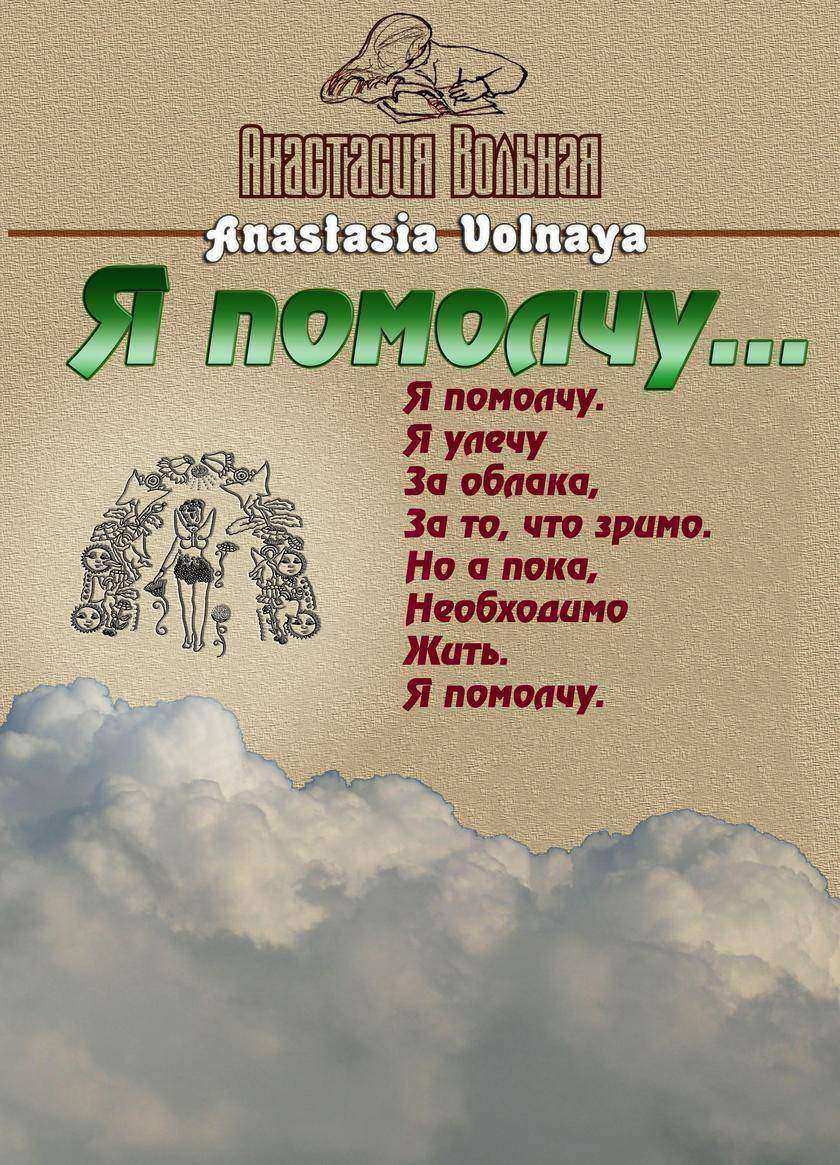
Я помолчу: I will keep silent
¥5.72
Я помолчу: I will keep silent
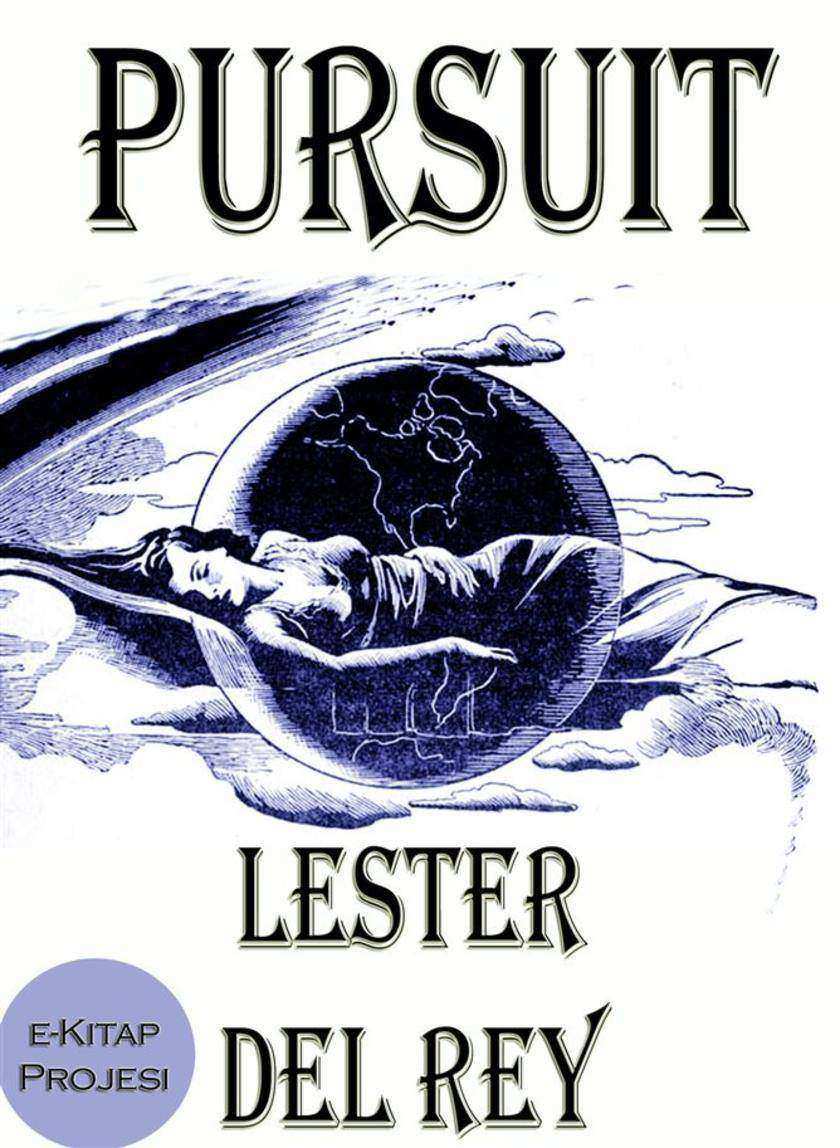
Pursuit
¥4.58
"When all the gods had assembled in conference, Zeus arose among them and addressed them thus" . . . "it is with this line that Plato's story of Atlantis ends; and the words of Zeus remain unknown." -- Francis Bacon, New Atlantis Of all the writings of Plato the Timaeus is the most obscure and repulsive to the modern reader, and has nevertheless had the greatest influence over the ancient and mediaeval world. The obscurity arises in the infancy of physical science, out of the confusion of theological, mathematical, and physiological notions, out of the desire to conceive the whole of nature without any adequate knowledge of the parts, and from a greater perception of similarities which lie on the surface than of differences which are hidden from view. To bring sense under the control of reason; to find some way through the mist or labyrinth of appearances, either the highway of mathematics, or more devious paths suggested by the analogy of man with the world, and of the world with man; to see that all things have a cause and are tending towards an end—this is the spirit of the ancient physical philosopher. He has no notion of trying an experiment and is hardly capable of observing the curiosities of nature which are 'tumbling out at his feet,' or of interpreting even the most obvious of them. He is driven back from the nearer to the more distant, from particulars to generalities, from the earth to the stars. He lifts up his eyes to the heavens and seeks to guide by their motions his erring footsteps. But we neither appreciate the conditions of knowledge to which he was subjected, nor have the ideas which fastened upon his imagination the same hold upon us. For he is hanging between matter and mind; he is under the dominion at the same time both of sense and of abstractions; his impressions are taken almost at random from the outside of nature; he sees the light, but not the objects which are revealed by the light; and he brings into juxtaposition things which to us appear wide as the poles asunder, because he finds nothing between them. He passes abruptly from persons to ideas and numbers, and from ideas and numbers to persons,—from the heavens to man, from astronomy to physiology; he confuses, or rather does not distinguish, subject and object, first and final causes, and is dreaming of geometrical figures lost in a flux of sense. He contrasts the perfect movements of the heavenly bodies with the imperfect representation of them (Rep.), and he does not always require strict accuracy even in applications of number and figure (Rep.). His mind lingers around the forms of mythology, which he uses as symbols or translates into figures of speech. He has no implements of observation, such as the telescope or microscope; the great science of chemistry is a blank to him. It is only by an effort that the modern thinker can breathe the atmosphere of the ancient philosopher, or understand how, under such unequal conditions, he seems in many instances, by a sort of inspiration, to have anticipated the truth. The influence with the Timaeus has exercised upon posterity is due partly to a misunderstanding. In the supposed depths of this dialogue the Neo-Platonists found hidden meanings and connections with the Jewish and Christian Scriptures, and out of them they elicited doctrines quite at variance with the spirit of Plato. Believing that he was inspired by the Holy Ghost, or had received his wisdom from Moses, they seemed to find in his writings the Christian Trinity, the Word, the Church, the creation of the world in a Jewish sense, as they really found the personality of God or of mind..
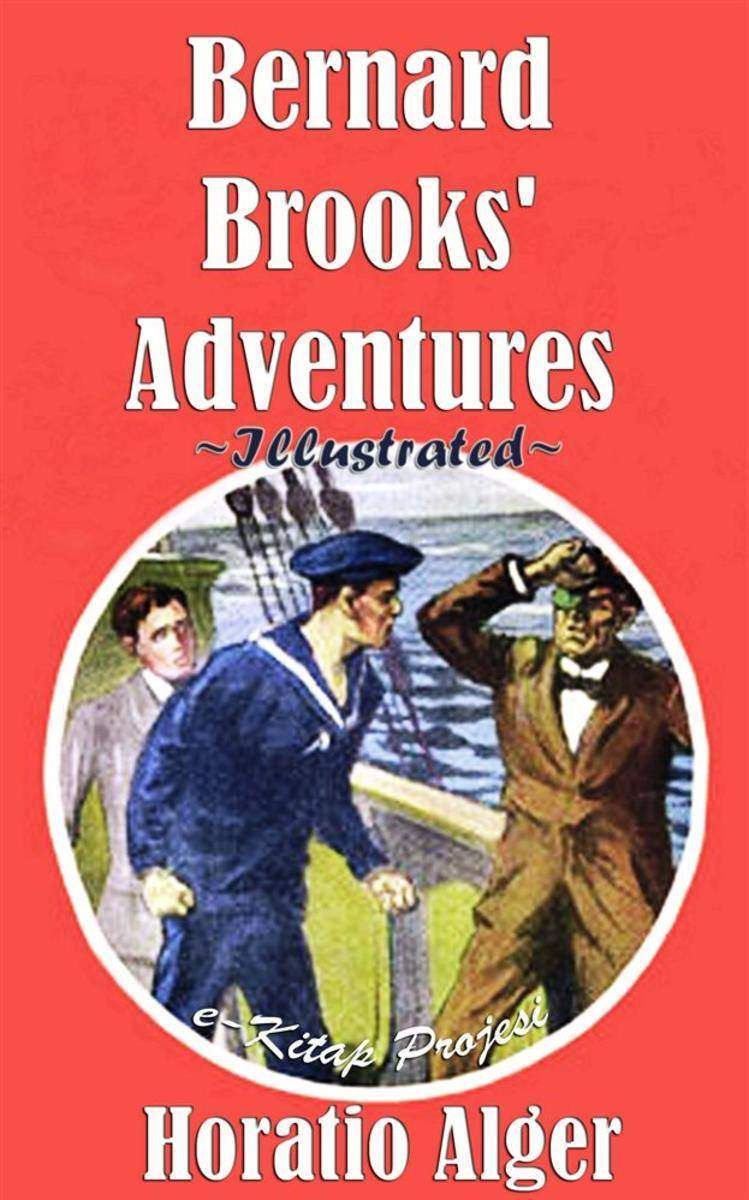
Bernard Brooks' Adventures: Illustrated
¥4.58
The dominant motives in Calderon's dramas are characteristically national: fervid loyalty to Church and King, and a sense of honor heightened almost to the point of the fantastic. Though his plays are laid in a great variety of scenes and ages, the sentiment and the characters remain essentially Spanish; and this intensely local quality has probably lessened the vogue of Calderon in other countries. In the construction and conduct of his plots he showed great skill, yet the ingenuity expended in the management of the story did not restrain the fiery emotion and opulent imagination which mark his finest speeches and give them a lyric quality which some critics regard as his greatest distinction. Of all Calderon's works, "Life is a Dream" may be regarded as the most universal in its theme. It seeks to teach a lesson that may be learned from the philosophers and religious thinkers of many ages—that the world of our senses is a mere shadow, and that the only reality is to be found in the invisible and eternal. The story which forms its basis is Oriental in origin, and in the form of the legend of "Barlaam and Josaphat" was familiar in all the literatures of the Middle Ages. Combined with this in the plot is the tale of Abou Hassan from the "Arabian Nights," the main situations in which are turned to farcical purposes in the Induction to the Shakespearean "Taming of the Shrew." But with Calderon the theme is lifted altogether out of the atmosphere of comedy, and is worked up with poetic sentiment and a touch of mysticism into a symbolic drama of profound and universal philosophical significance. LIFE IS A DREAM DRAMATIS PERSONAE Basilio King of Poland.Segismund his Son.Astolfo his Nephew.Estrella his Niece.Clotaldo a General in Basilio's Service.Rosaura a Muscovite Lady.Fife her Attendant. Chamberlain, Lords in Waiting, Officers,Soldiers, etc., in Basilio's Service. The Scene of the first and third Acts lies on the Polish frontier: of the second Act, in Warsaw. As this version of Calderon's drama is not for acting, a higher and wider mountain-scene than practicable may be imagined for Rosaura's descent in the first Act and the soldiers' ascent in the last. The bad watch kept by the sentinels who guarded their state-prisoner, together with much else (not all!) that defies sober sense in this wild drama, I must leave Calderon to answer for; whose audience were not critical of detail and probability, so long as a good story, with strong, rapid, and picturesque action and situation, was set before them. about author: Pedro Calderon de la Barca was born in Madrid, January 17, 1600, of good family. He was educated at the Jesuit College in Madrid and at the University of Salamanca; and a doubtful tradition says that he began to write plays at the age of thirteen. His literary activity was interrupted for ten years, 1625-1635, by military service in Italy and the Low Countries, and again for a year or more in Catalonia. In 1637 he became a Knight of the Order of Santiago, and in 1651 he entered the priesthood, rising to the dignity of Superior of the Brotherhood of San Pedro in Madrid. He held various offices in the court of Philip IV, who rewarded his services with pensions, and had his plays produced with great splendor. He died May 5, 1681. At the time when Calderon began to compose for the stage, the Spanish drama was at its height. Lope de Vega, the most prolific and, with Calderon, the greatest, of Spanish dramatists, was still alive; and by his applause gave encouragement to the beginner whose fame was to rival his own. The national type of drama which Lope had established was maintained in its essential characteristics by Calderon, and he produced abundant specimens of all its varieties. Of regular plays he has left a hundred and twenty; of "Autos Sacramentales," the peculiar Spanish allegorical development of the medieval mystery, we have seventy-three; besides a considerable number of farces.
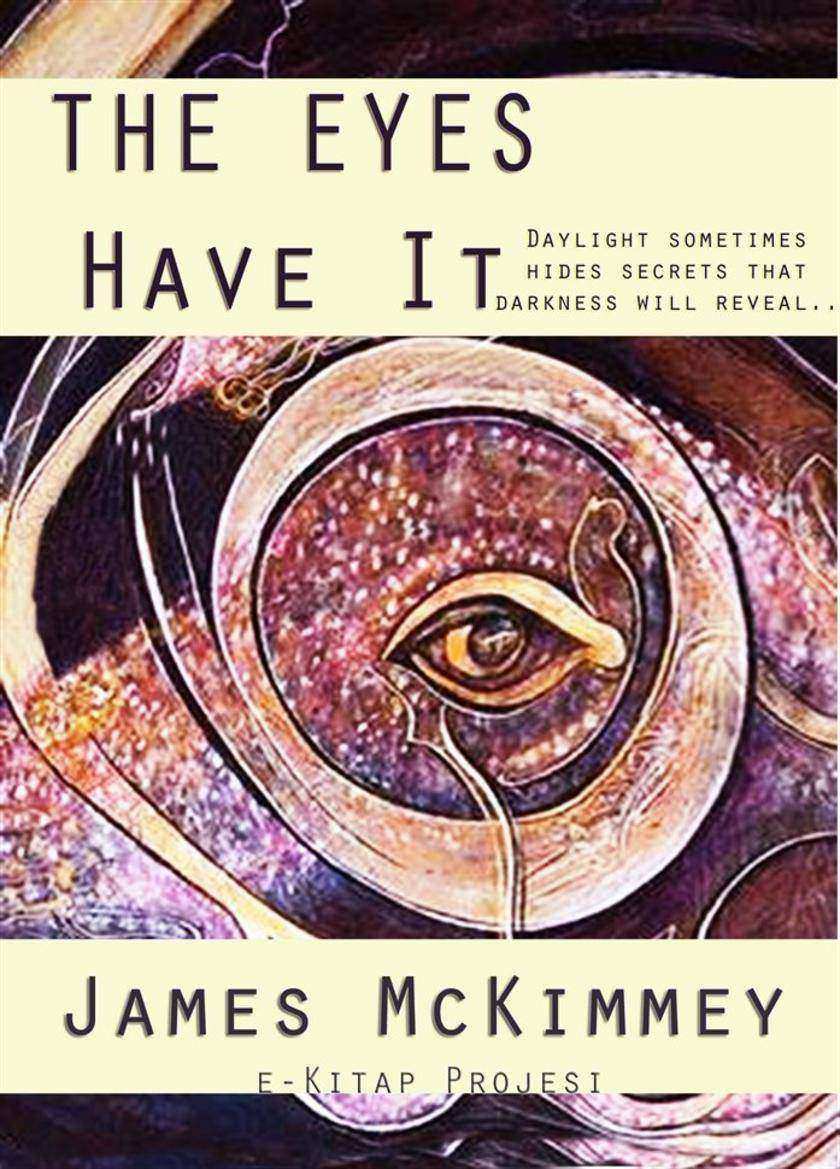
The Eyes Have It
¥4.58
MODERN scientific publications, although they may in some or even many cases equal in their scientific quality the memoirs of earlier workers, do not, on the average, reach a high standard as regards illustration. For instance, in Great Britain botany is pre-eminent in its morphological aspects; it should therefore follow that the illustrations, which form so important a part of such papers, should be beyond reproach. This is not always so, a fact which must be patent to anyone with the slightest critical knowledge who looks through a typical journal. This is a fact much to be regretted, since many of the earlier scientists were accomplished draughtsmen and, indeed, often artists; in this connection the Hookers and Pro-fessor Daniel Oliver may be mentioned. The implication is not intended that there are no good amateur draughtsmen nowadays; there are, and in some cases pos-sessed of great ability. The beautiful work of Church in his Floral Mechanisms may be cited as an example. It may, of course, be argued that any picture which serves to illustrate the particu-lar feature is good enough; this is the contention of one who takes an insufficient pride in his work. A feature worthy of an illustration deserves the best the author can produce, more especially as a literary form is still, fortunately, preserved or, at any rate, aimed at.The reason for indifferent illustrations is primarily due to bad or mediocre draw-ings, or to their unsuitability for the kind of reproduction in view. With regard to the first point: this lack of draughtsmanship often obtains; when education entirely replaces mere instruction, it is to be hoped that all students of science will be trained in the rudiments of drawing. Meanwhile the difficulty can be partly overcome, as will be seen later on, by the simple means of drawing on an enlarged scale, in order that in reproduction reduction can be made. The second reason, the onus of which also falls on the authors, is a lack of knowledge regarding the kind of drawing suitable for the different modes of re-production; this is a very important point, for "technical conditions govern even genius itself."Authors, however, are not always to blame; it would appear that even editors sometimes are wanting in the requisite knowledge, for we have known straight-forward line drawings reproduced by half-tone; in other cases the paper used is unsuitable for the reproduction and, at other times, the printers are at fault. With a view to remedying, at any rate in part, these deficiencies, a course of lec-tures, arranged by the Board of Studies in Botany of the University of London, was delivered in the Lent term of 1913 in the Department of Botany of University College, London. In gratifying the wish expressed by some that these lectures should be given a more permanent dress, the author feels that some apology is necessary, for he can lay no claim to authoritative knowledge of much of the subject-matter; questions relating to the graphic arts and to illustrations, however, have always been of in-terest to him, so that he has tried various experiments, often with disastrous re-sults, and thus has gained some experience. In these matters the author has benefited much through his association with Pro-fessor F. W. Oliver, who, characteristically, has been ever ready to discuss these problems with, and to place his knowledge and experience at the disposal of the author.




 购物车
购物车 个人中心
个人中心



